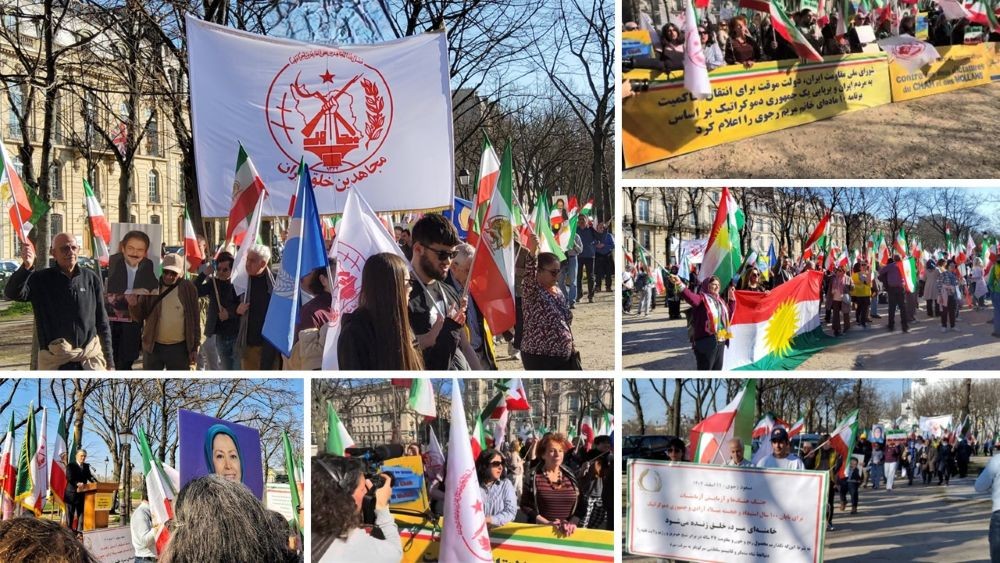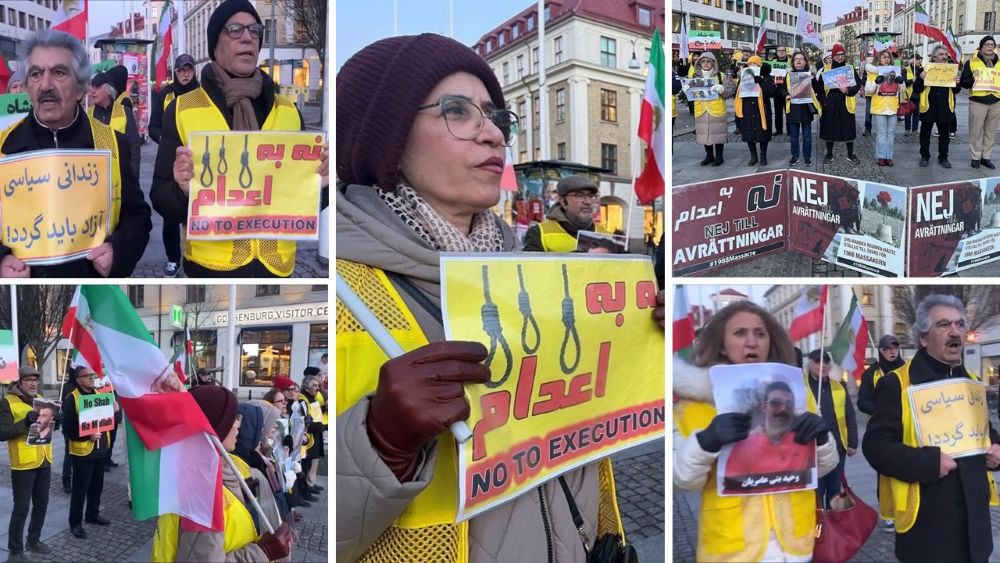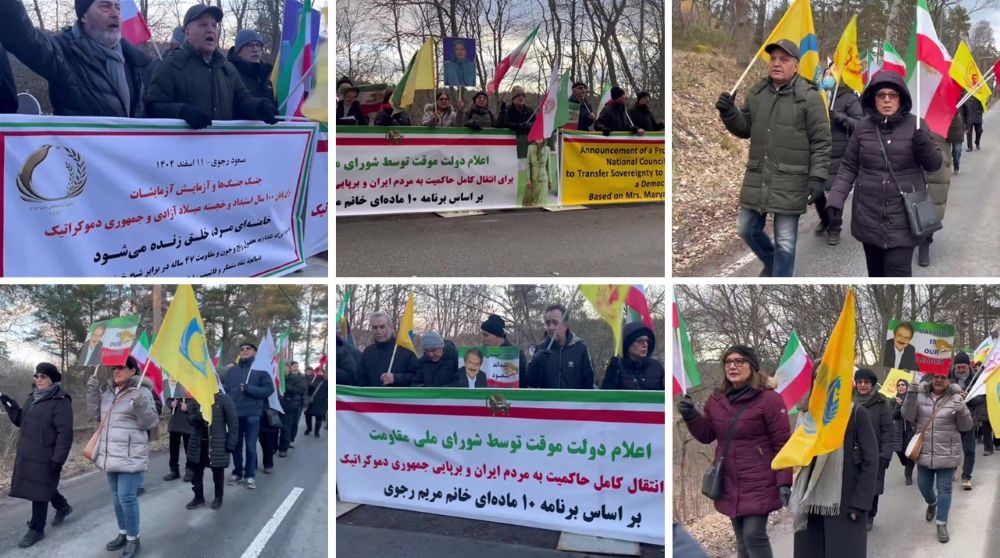On Thursday, February, a Belgian court is expected to announce the verdict for Iranian diplomat-terrorist Assadollah Assadi in his terrorism trial.
Assadi was arrested in July 2018, on his way back to Austria, after he allegedly handed over a bomb to two accomplices in Luxembourg with instructions for them to set it off at the opposition rally in Paris, as close as possible to opposition leader Maryam Rajavi and the diplomats seated with her.
The bomb, which was confiscated and handed to a police robot for detonation, still managed to wound an officer and destroy the robot with the blast. This appears to confirm just what the impact of this plot would have been if it went ahead, especially given the 100,000 attendees at the rally.
Rather than deny the accusations or write Assadi off as a rogue agent, the Iranian regime have spent the last two and a half years arguing that Assadi had diplomatic immunity. (Immunity does not apply because he was arrested outside his host country and host countries have the power to withdraw immunity given the scale of the crime of which he is accused.) This indicates, as Belgian prosecutors said, that Assadi was not working on his own volition. That he was taking orders from the highest levels of the regime.
Germany’s authorities said that Assadi ran an extensive Iranian spying network in Europe, citing a ledger that showed cash payments to operatives in 11 countries at least. This should have been concerning enough when European powers still assumed that Iran’s terrorism was only a threat in the Middle East, but hopefully the lawmakers are now very aware that the regime is prepared to commit terrorist acts in the heart of Europe using this network.
Governments in Europe should use the verdict to change their Iran policy, in order to hold the regime accountable before anything else happens, and hopefully prevent future attacks.
Some ways to do this includes:
- Shutting down Iranian embassies
- Expelling Iranian agents and diplomatic personnel
- Expanding economic sanctions on Iran
The Iranian Resistance wrote: “The evidence of [Assadi’s] guilt should be presented as a case study in Iran’s long history of using terrorism as a form of statecraft, and it should lead to the revelation of existing diplomatic relations with the Iranian regime… The Iranian regime must see that Europe is serious about terrorism and the least EU can do to demonstrate this fact, is to halt ordinary relations with the Iranian regime for the foreseeable future.”



